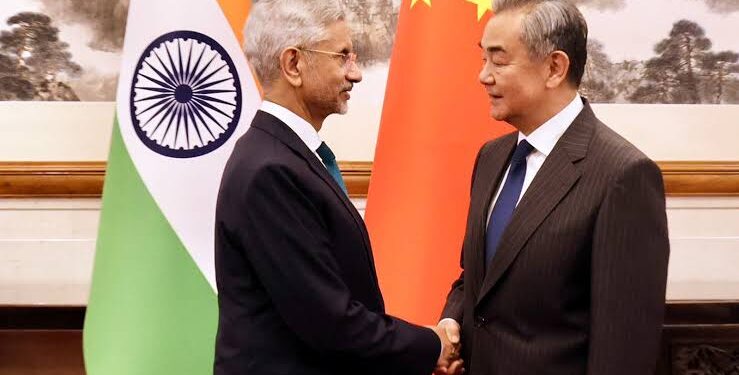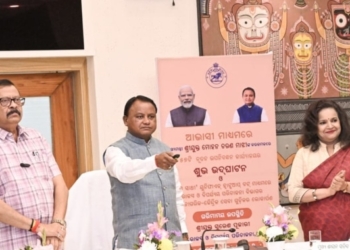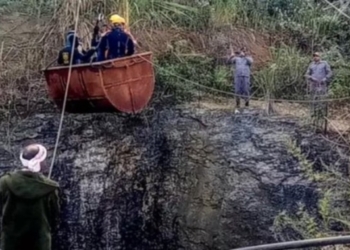External Affairs Minister Dr. S. Jaishankar, during a recent meeting with Chinese Foreign Minister Wang Yi in Beijing, made it clear that there is “no space for a third party”—implicitly referring to Pakistan—in the evolving India-China bilateral relationship.
The dialogue, held on July 14, marks an important diplomatic exchange aimed at stabilizing ties following the 2020 military standoff in Eastern Ladakh. Jaishankar reiterated that a stable border and phased de-escalation are critical to restoring full normalcy in relations between the two Asian giants.
“The relationship must be built on mutual respect, and third countries should not define the trajectory of India-China ties,” Jaishankar reportedly told Wang Yi.
He welcomed the resumption of Indian Army patrols in the Depsang Plains and Demchok areas—a move made possible after a mutual agreement between both sides in October 2024. Despite the agreement, nearly 50,000 troops with tanks and heavy artillery remain deployed on both sides of the 1,597 km Line of Actual Control (LAC) in Eastern Ladakh.
Jaishankar also raised economic concerns, urging China to ensure predictable supply chains and avoid export restrictions, especially on critical materials like magnet-grade rare earths and fertilizers, which are vital for India’s auto and agriculture sectors.
Strategic Undertones: Pakistan and the SCO
Jaishankar’s firm stance on third-party interference holds weight in the context of China’s growing defense ties with Pakistan, including recent weapons supplies visible during Operation Sindoor. India continues to assert that bilateral relations with China must remain independent of its links with Islamabad.
The tone of the Jaishankar-Wang meeting was reportedly cordial, with both sides acknowledging the importance of restoring trust and managing strategic differences.
On July 13, at the Shanghai Cooperation Organisation (SCO) Foreign Ministers’ meeting, Jaishankar emphasized counter-terrorism cooperation and invoked UN Security Council Resolution 16050, passed after the Pahalgam terror attack. The resolution—unanimously adopted by all members, including China and Pakistan—authorizes global action against terrorist organizers, sponsors, and financiers.
“India’s action against terror camps was in full compliance with international law and UNSC 16050,” Jaishankar noted, indirectly referencing India’s strikes on Pakistani terror infrastructure.





























